Dealers of the famed motorcycle maker Harley-Davidson are voicing concerns, accusing the company of putting profits before partnerships.
This rising tension highlights a growing rift between the company and its dealerships, who argue that Harley’s current strategies could be damaging to their long-established businesses.
Loyal Riders Drifting Away

Harley Davidson is experiencing a significant backlash from its core supporters.
A number of long-time Harley enthusiasts are distancing themselves from the brand due to CEO Jochen Zeitz’s endorsement of various social and environmental policies. This shift has not resonated well with a segment of their dedicated customer base.
Factory Shift Sparks Job Concerns
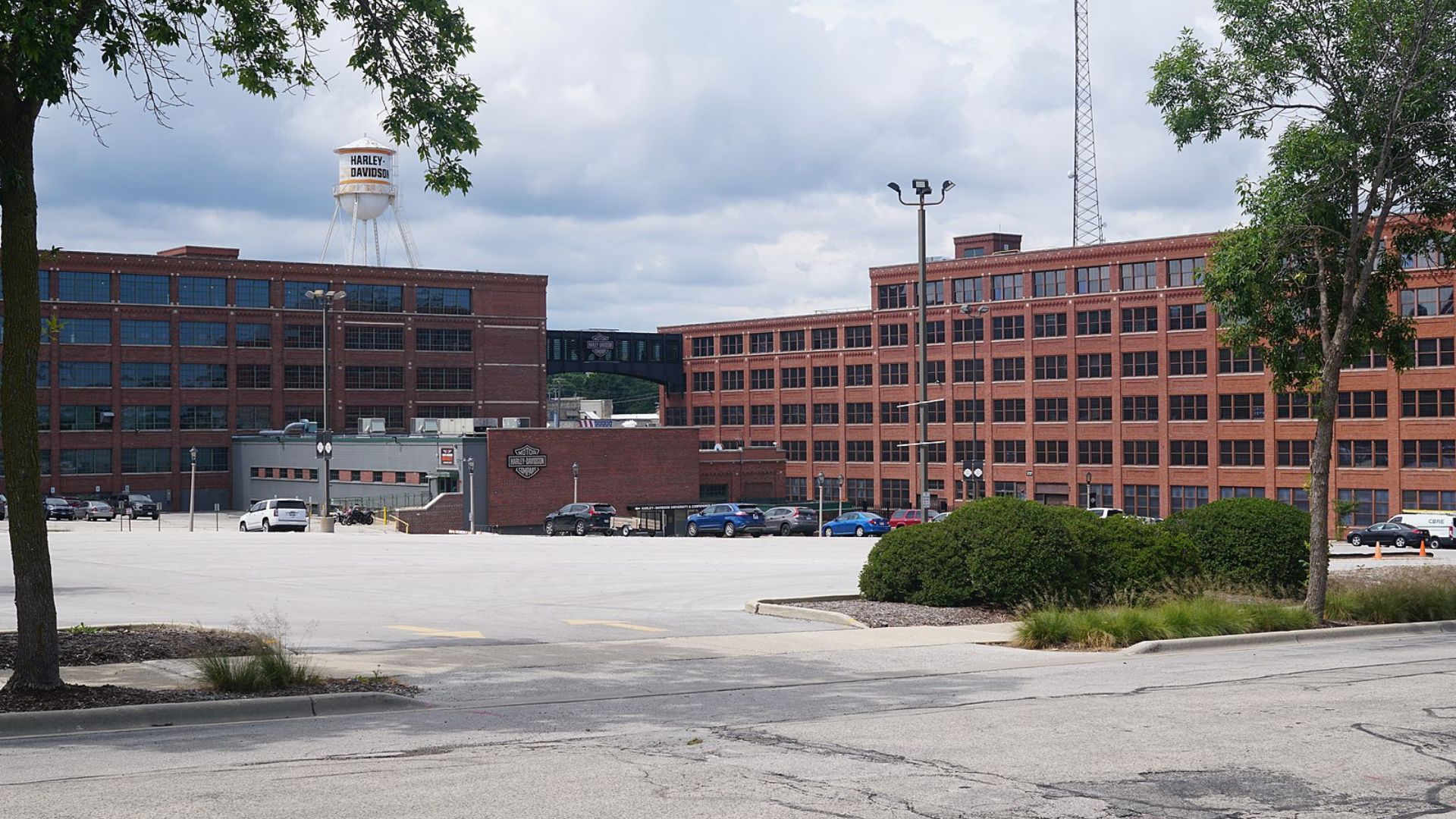
Worry is brewing among Harley Davidson’s workforce as the company plans to shift some of its production to Thailand.
This move has triggered fears of job cuts at the American facilities, leaving employees anxious about their positions and the company’s direction.
Dealers Confront Excessive Inventories
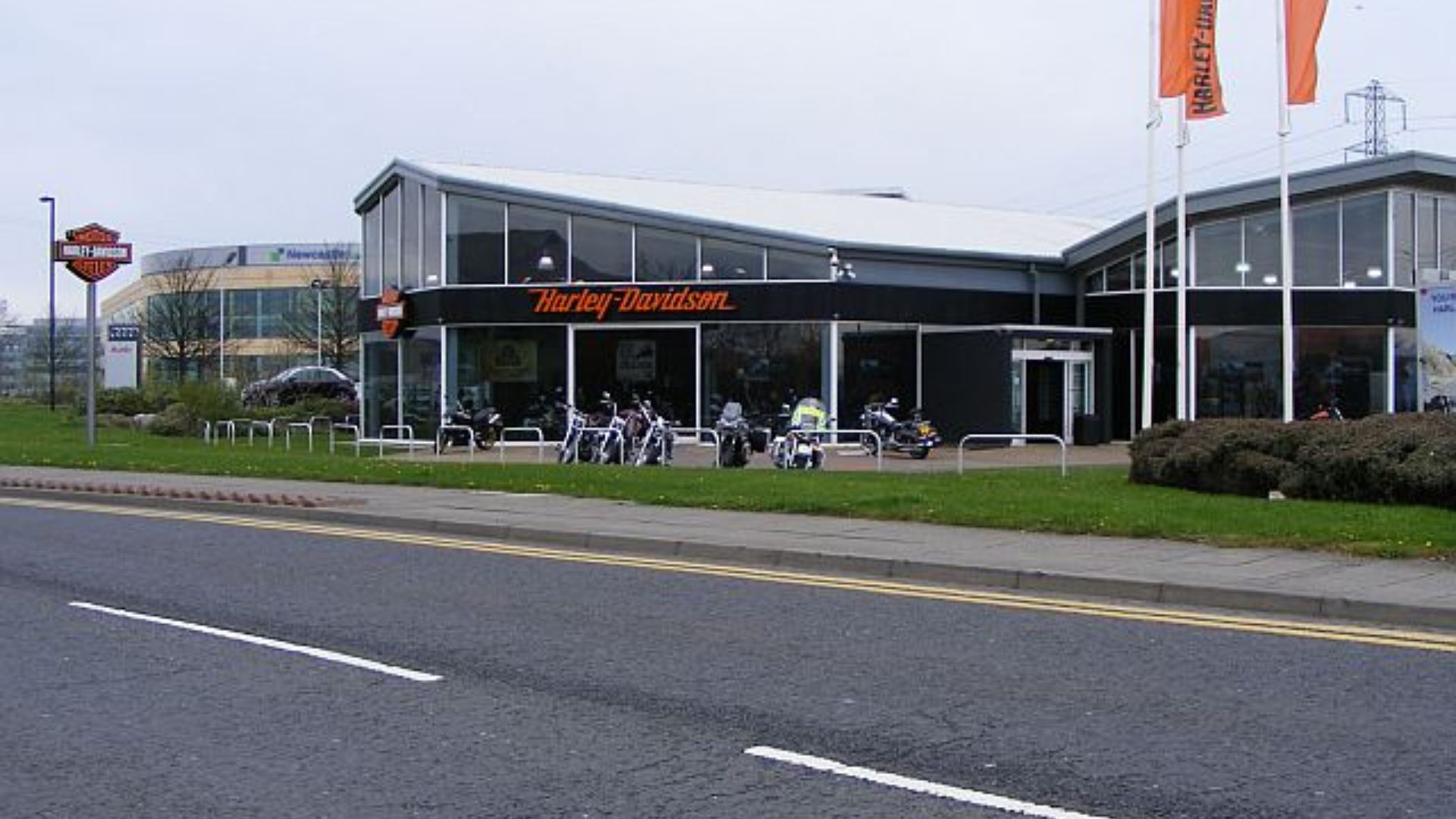
The National Powersports Dealer Association is reporting problems with Harley-Davidson overstocking their dealers with motorcycles that aren’t selling.
This glut is causing financial headaches for dealers at a time when motorcycle sales are lagging.
Dealers Sound the Alarm on Company Practices

A letter from the Dealer Council to The Wall Street Journal lays bare their anxieties: “We believe that much of what was taken from dealerships has fueled a large part of this. They could very well kill off their ‘Golden Goose.'”
This statement illustrates the deep-seated fears about the future sustainability of their businesses under current corporate strategies.
Financial Strain From Unsold Bikes
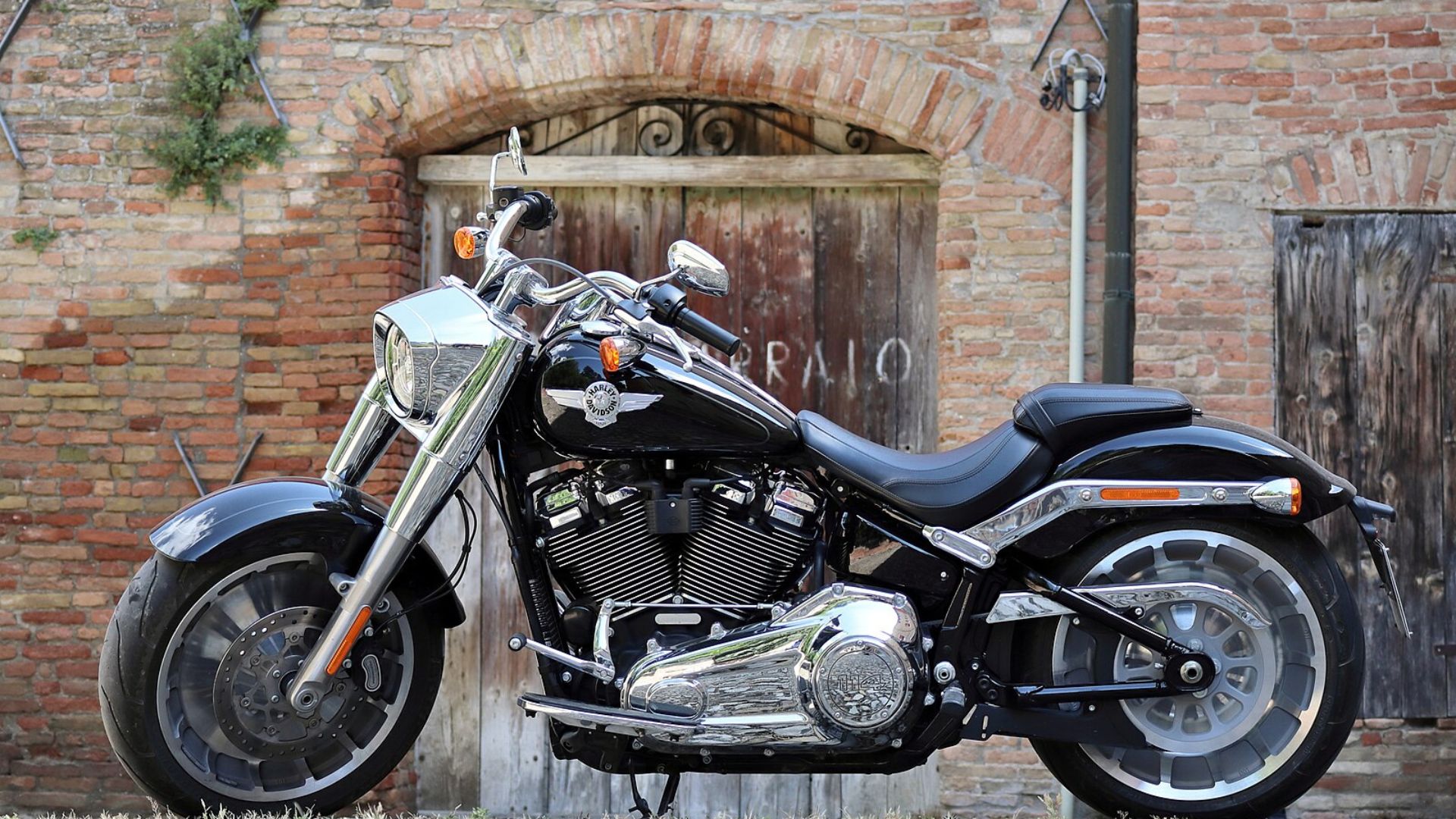
Harley dealers are under pressure as they’re forced to adapt their showrooms to fit an increasing number of unsold bikes.
This investment comes at a particularly tough time, with sales dwindling and the financial justification for such expansions growing thinner.
Harley Responds to Dealer Discontent
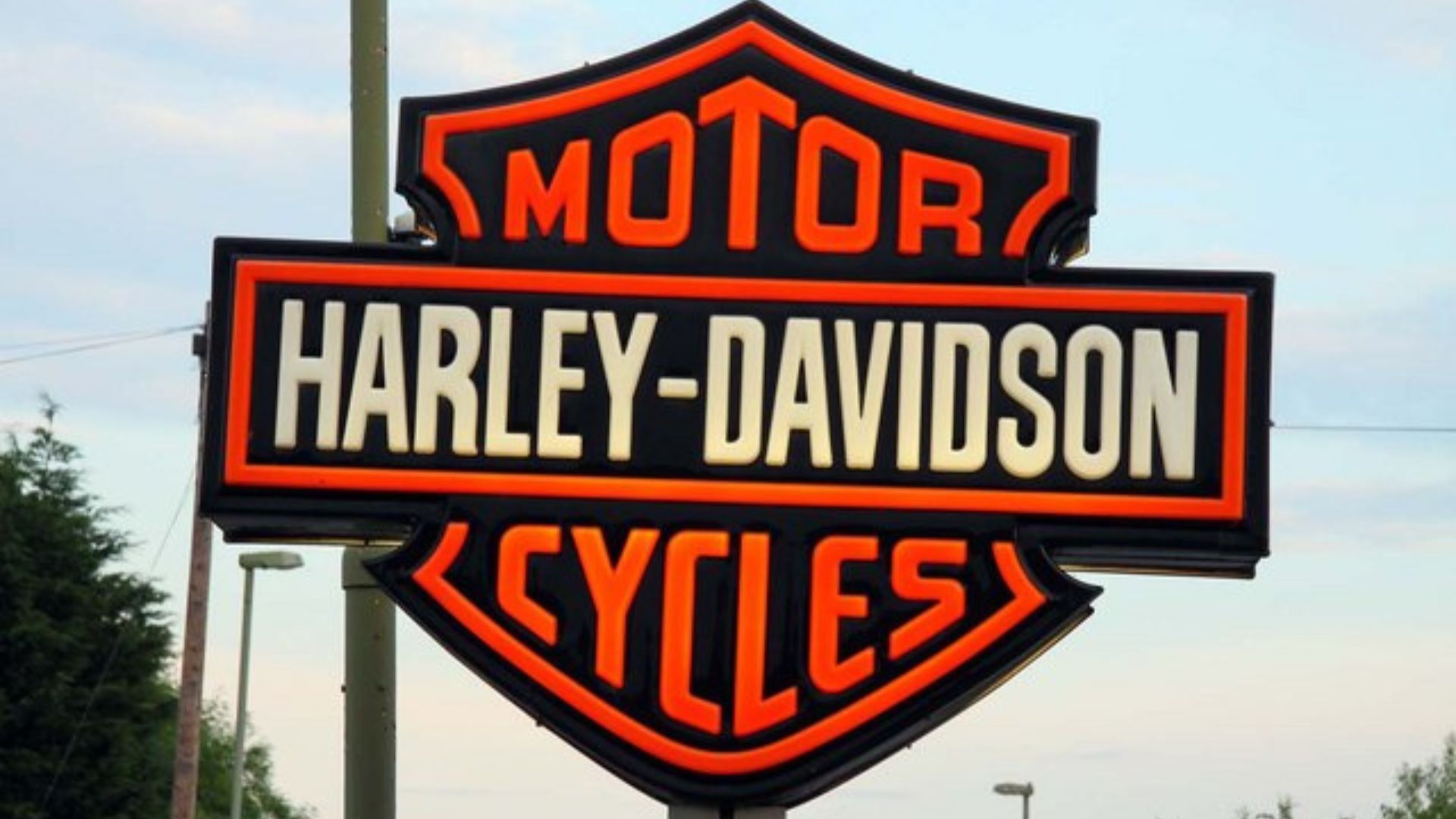
In response to the mounting complaints, a Harley-Davidson spokesman clarified that the Dealer Council represents only a small segment of their global dealer network.
This network includes hundreds of outlets worldwide.
Industry Challenges Impact Dealerships
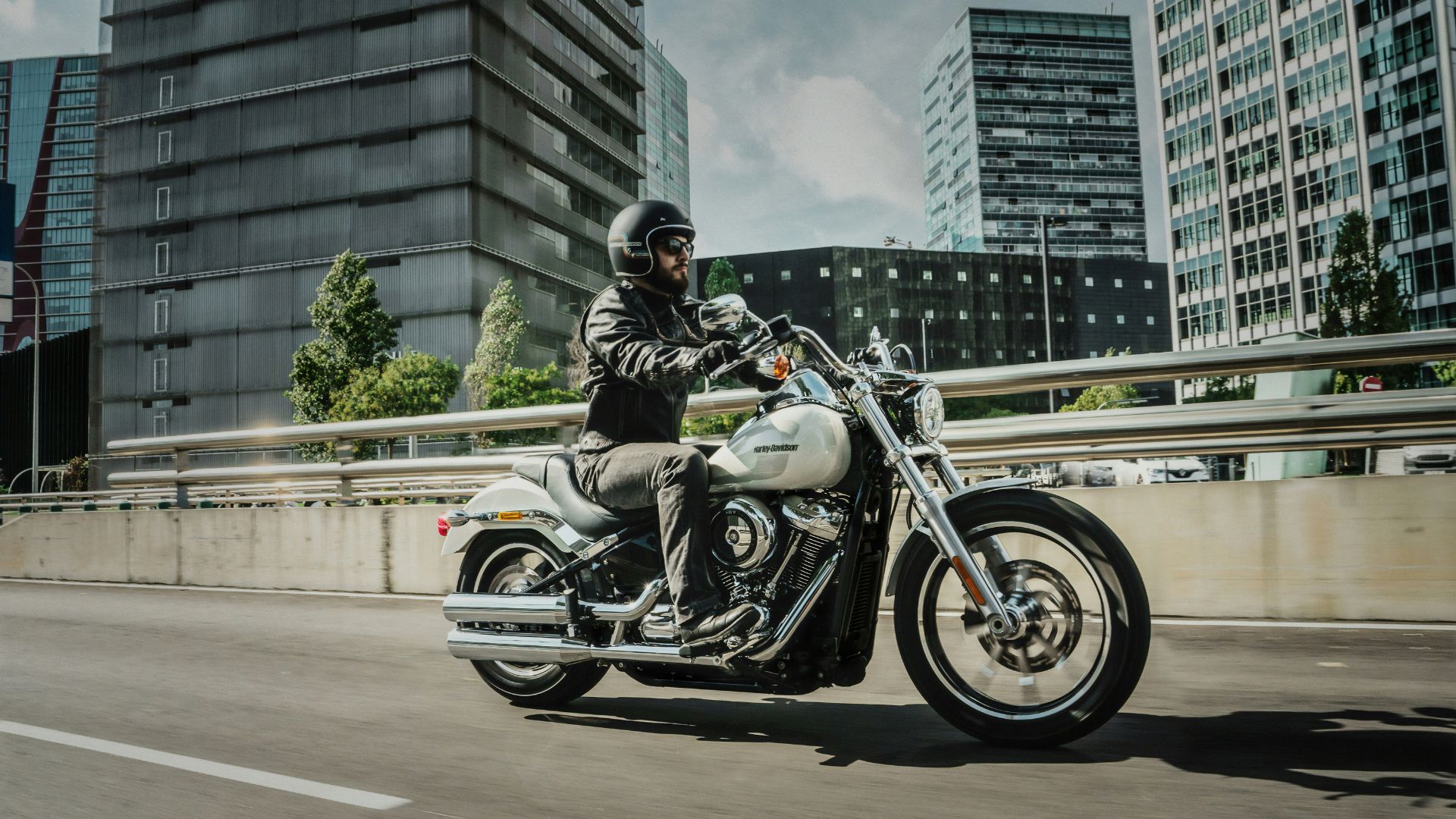
A Harley-Davidson spokesman pointed out that challenges such as rising interest rates are affecting the entire motorcycle industry.
He suggested that dealership profitability is largely influenced by their own management and market conditions.
DEI Policies Stir Cultural Controversy
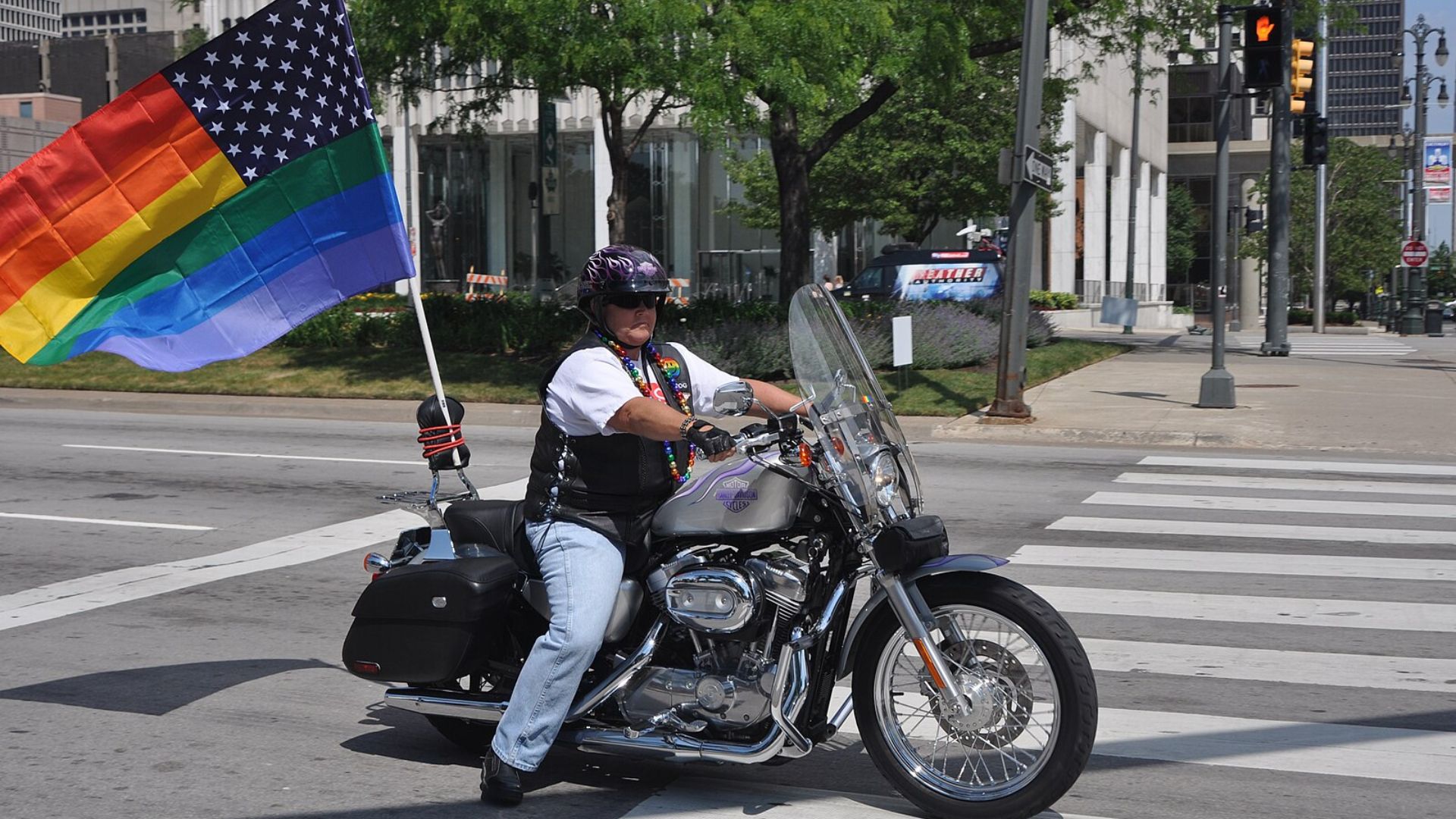
The company has faced criticism from conservative circles for its DEI initiatives and participation in Pride events.
This has sparked a broader debate about the brand’s values and how they align with the traditional views of its customer base.
Influencer Critiques Harley’s Policies
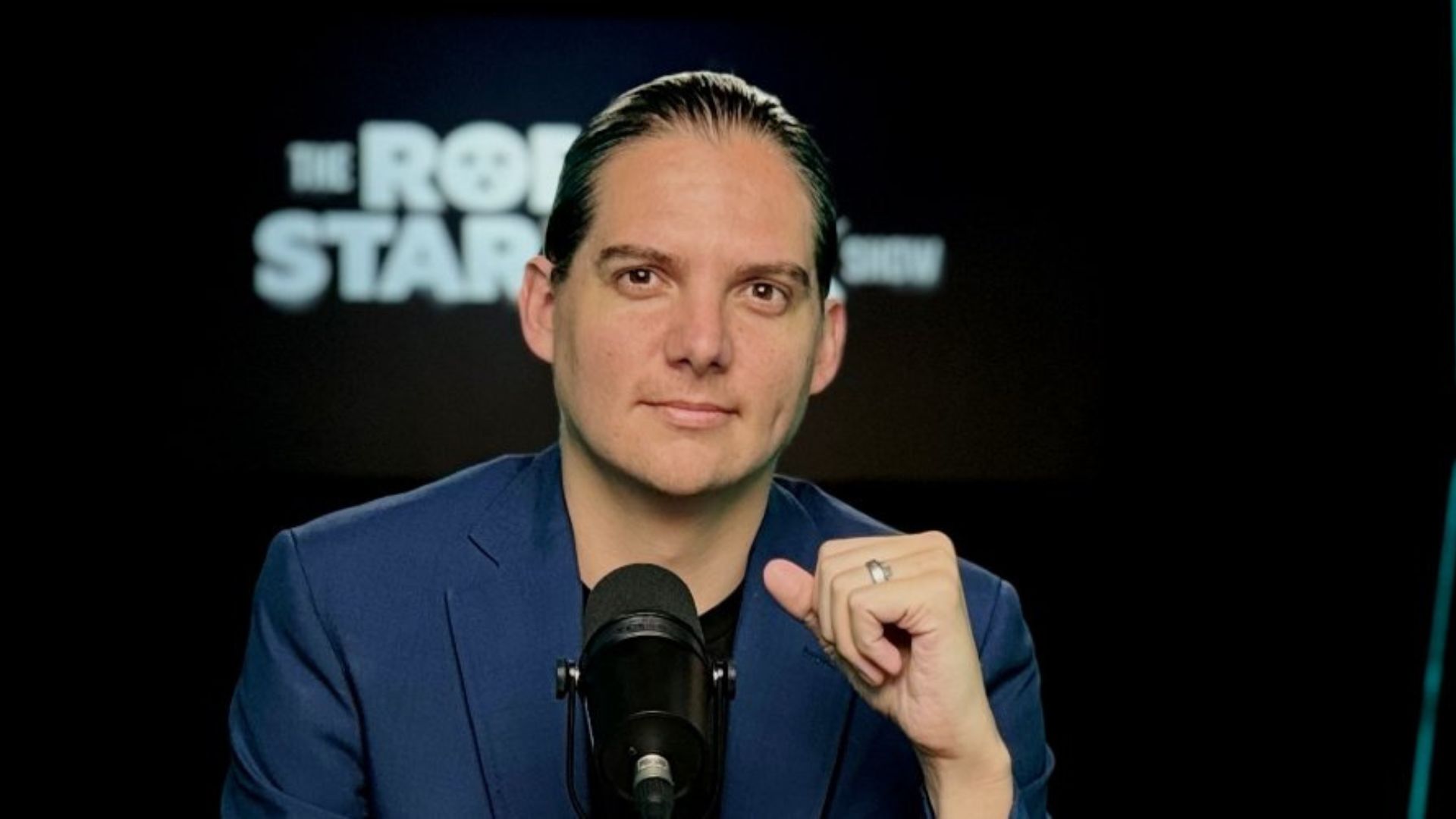
Robby Starbuck, a notable online figure, has taken to social media to voice his disapproval of Harley-Davidson’s policies on DEI.
This includes their stance on trans care for children and critical race theory, highlighting a divide among the brand’s followers.
Open Rebellion at Sturgis Rally
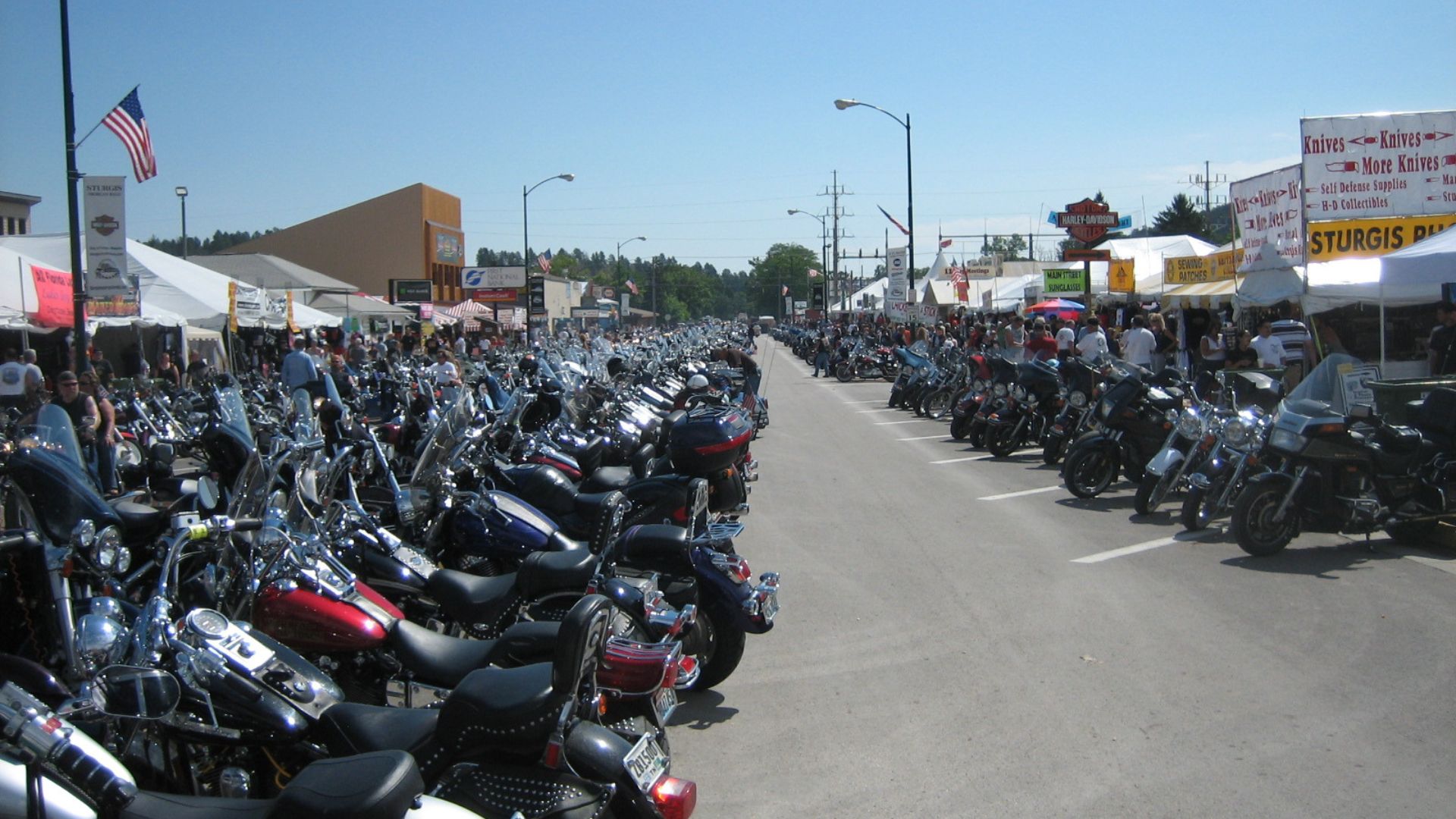
At the renowned Sturgis Motorcycle Rally, dissatisfaction with the company’s direction under CEO Jochen Zeitz was palpable.
Calls for Zeitz’s resignation were vocal, with one attendee notably demanding, “They need to figure out a way to get rid of him.”
Other Companies Have Faced Similar Criticisms
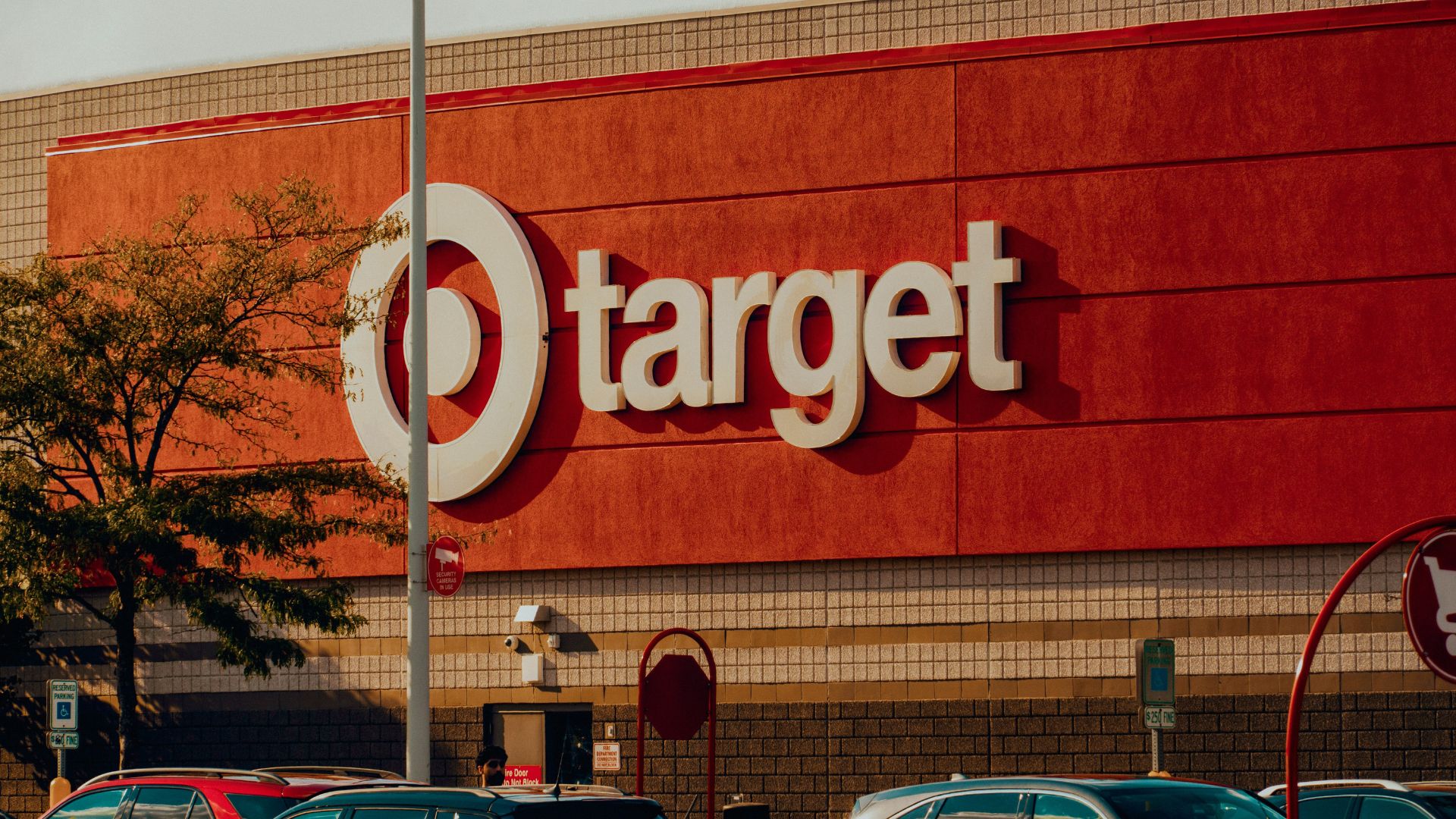
Harley-Davidson is not the only big-name company to have drawn the ire of “anti-woke” campaigners.
Last year, Target became embroiled in a social media firestorm over its Pride line of clothing and accessories that resulted in a pretty significant hit to its bottom line. As a result, it massively scaled back its Pride activities this year.
Common Backlash
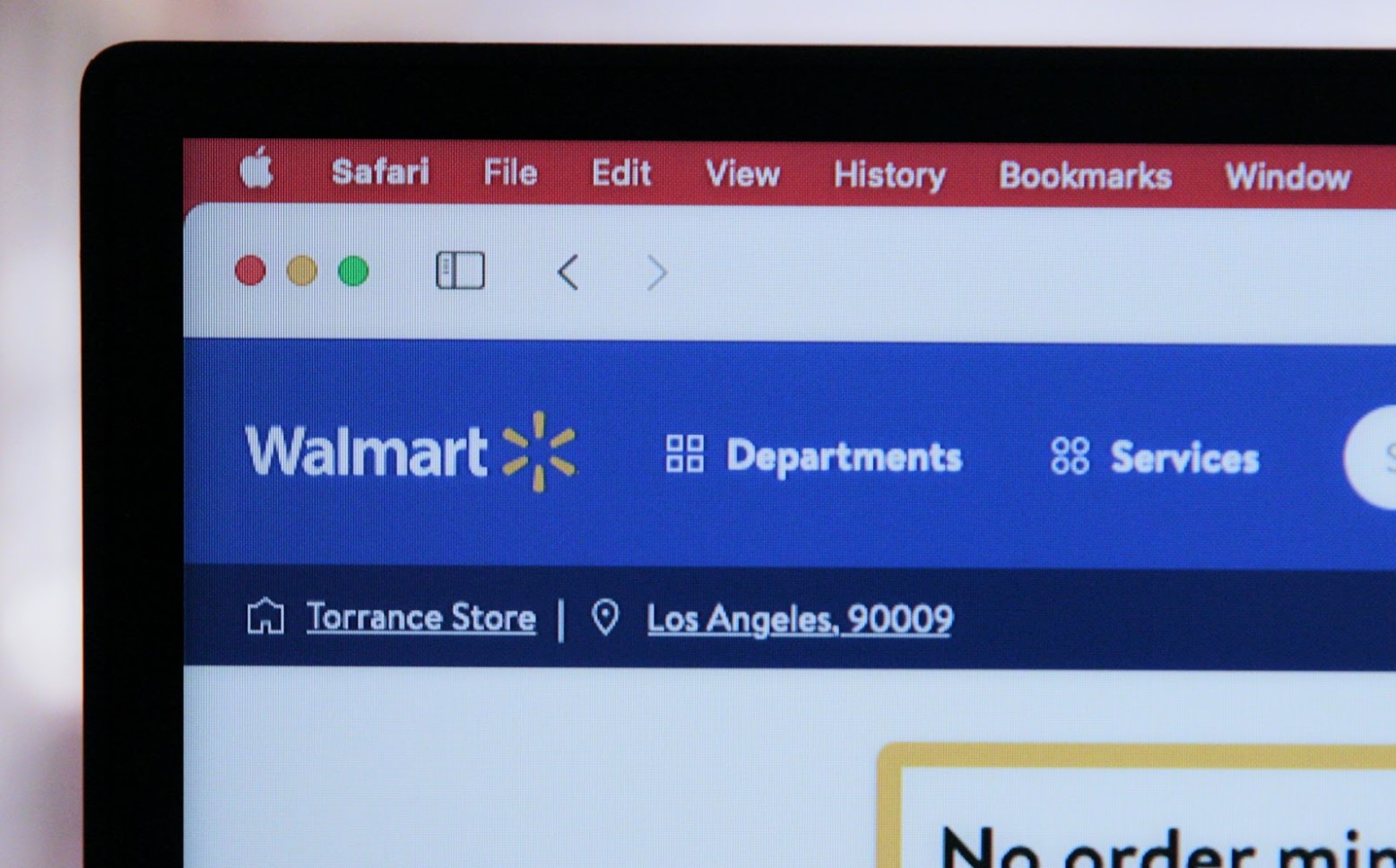
Many brands end up on the receiving end of backlash over their Pride-centric marketing and product offerings, from Bud Light to Walmart.
Walmart were far less cagy than the likes of Target and other brands in the face of such backlash, going all-in on its Pride promotions this year rather than making concessions to appease a segment of vocal online opposition.
A DEI U-Turn
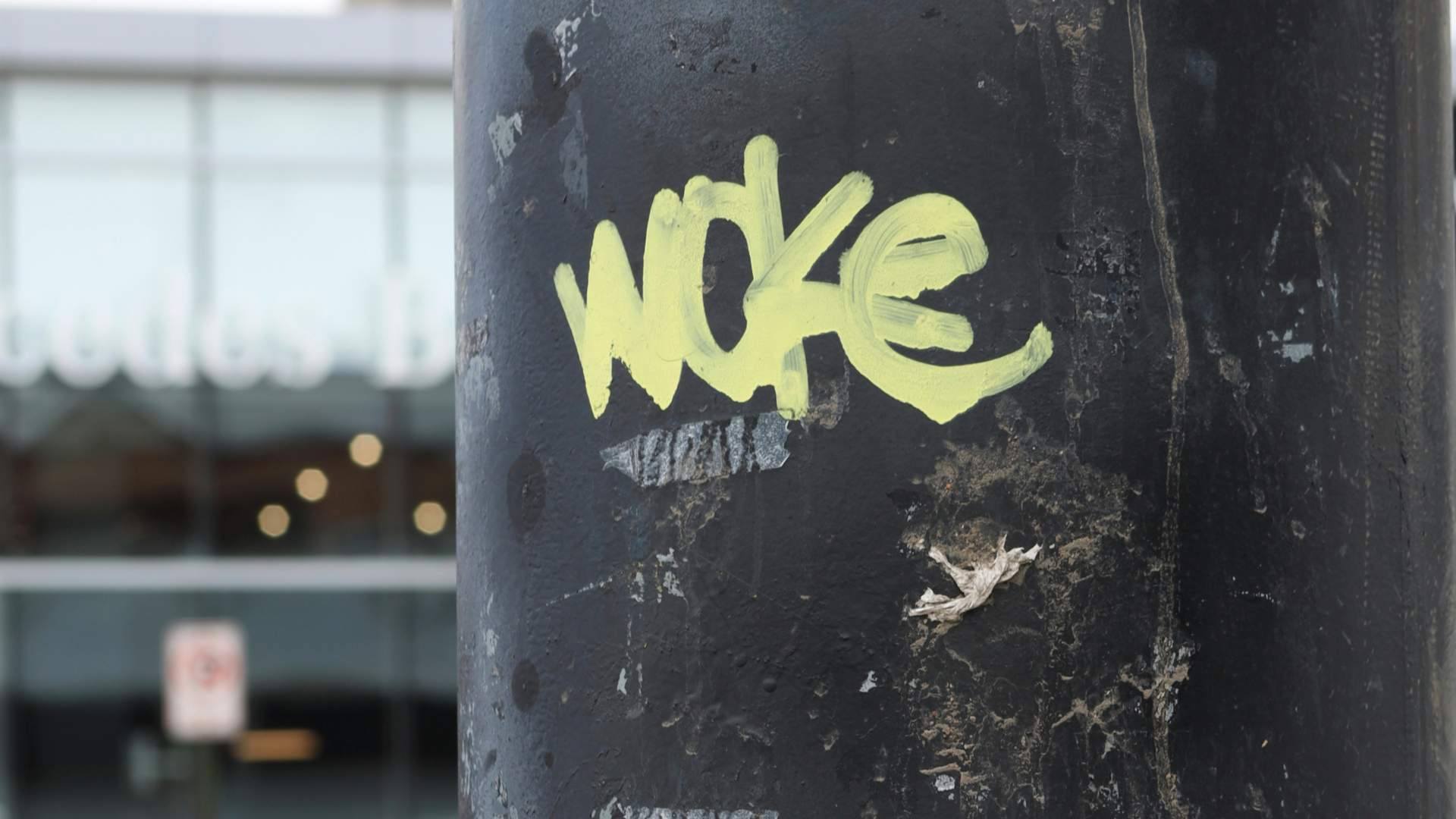
Some corporations are steadfast in their support of progressive initiatives, while others take the Target approach of tentatively rolling back their “woke” activities in the face of criticism from certain customer demographics.
Harley-Davidson would appear to have gone a step further, caving to such pressure entirely and walking back their previous proposals.
DEI Initiatives Dropped
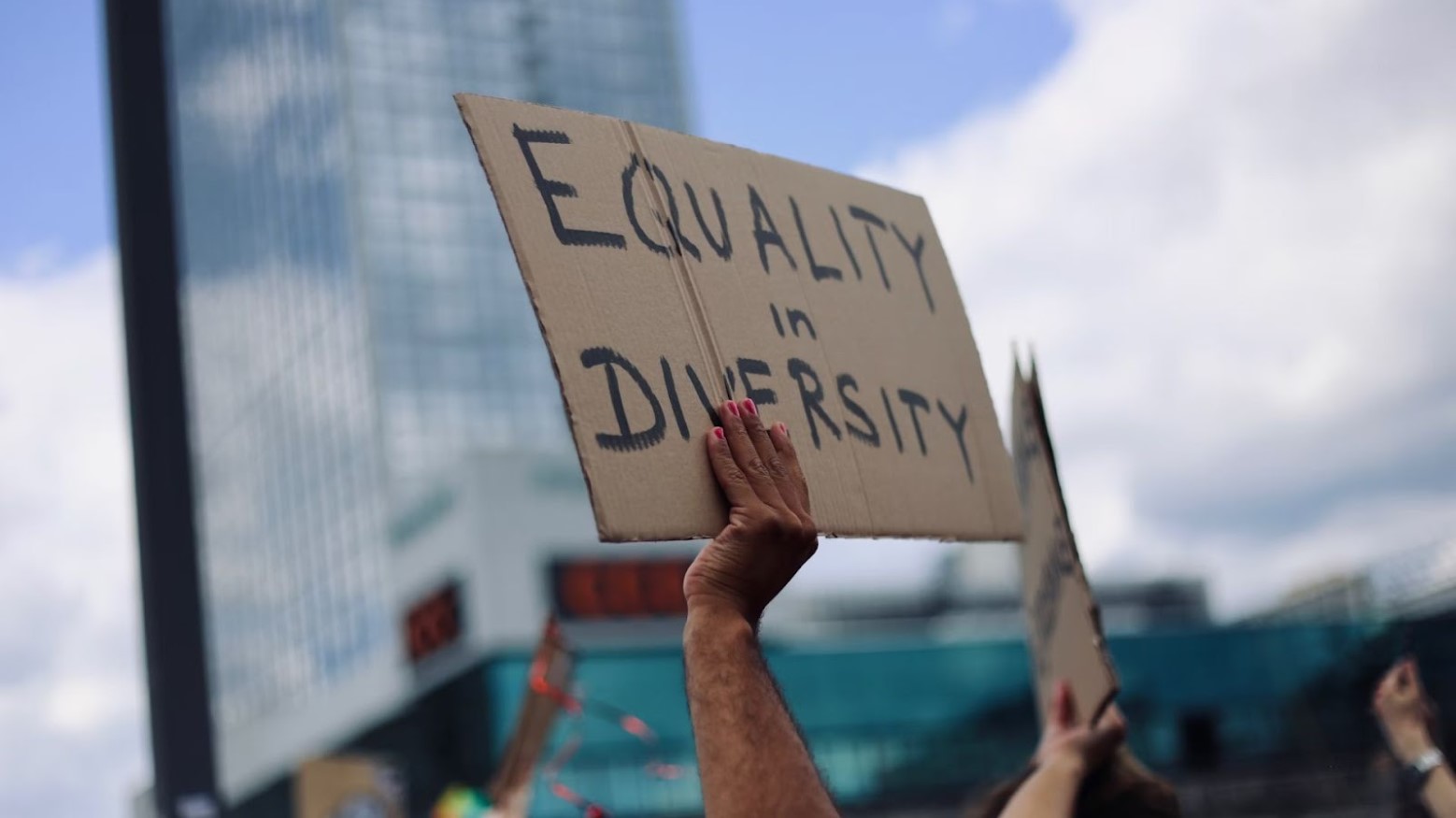
The sustained pressure from Robby Starbuck appears to have achieved what it set out to do and bring about a change in Harley-Davidson policy to something more conservative.
After its previous commitments, the motorcycle maker has now simply become the latest in a string of manufacturers to drop diversity, equity and inclusion initiatives.
A Statement From Harley-Davidson

Taking to X, formerly Twitter, the Milwaukee-based company released a statement designed to put certain members of its customer base at ease amidst criticism from the likes of Starbuck.
In the online statement, the company confirms that it has not in fact operated a single DEI corporate function since April.
Walking Back
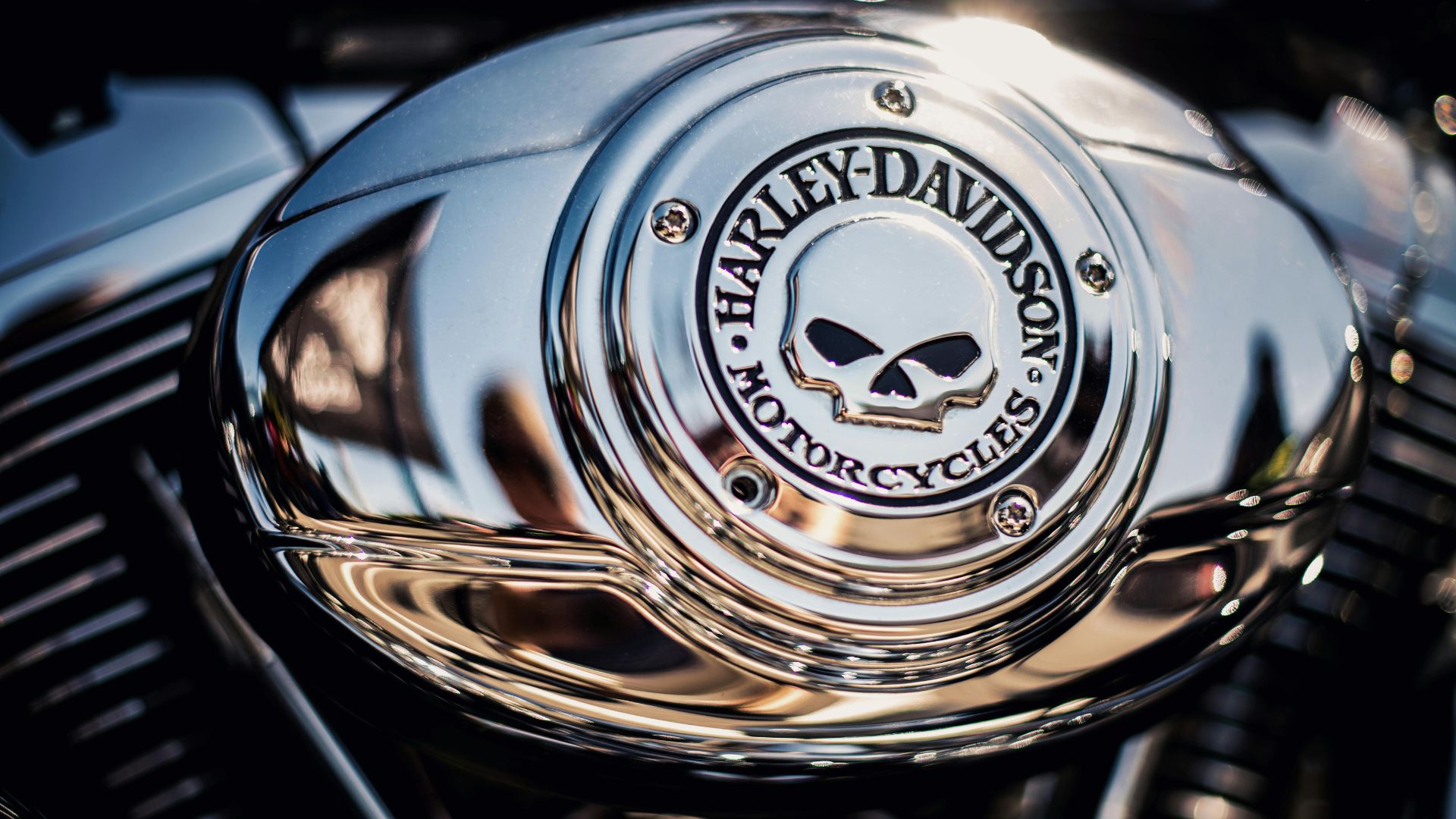
The company also makes clear that it no longer has minority-owned supplier goals. Further backtracking from previous comments, Harley-Davidson also announced plans to exit socially motivated training for employees.
This would appear to be a complete 180 on the previous sort of messaging coming out of the company regarding endorsement of social policies.
Limiting Training

Harley-Davidson now makes clear its intentions to limit any such training to the bare legal requirements.
In the statement, Harley-Davidson stated that it recognizes “every leader’s role to ensure we have an employee base that reflects our customers and the geographies in which we operate.” This messaging would seem designed to placate the “anti-woke” critics who had become vocal recently.
Broadening Its Customer Base
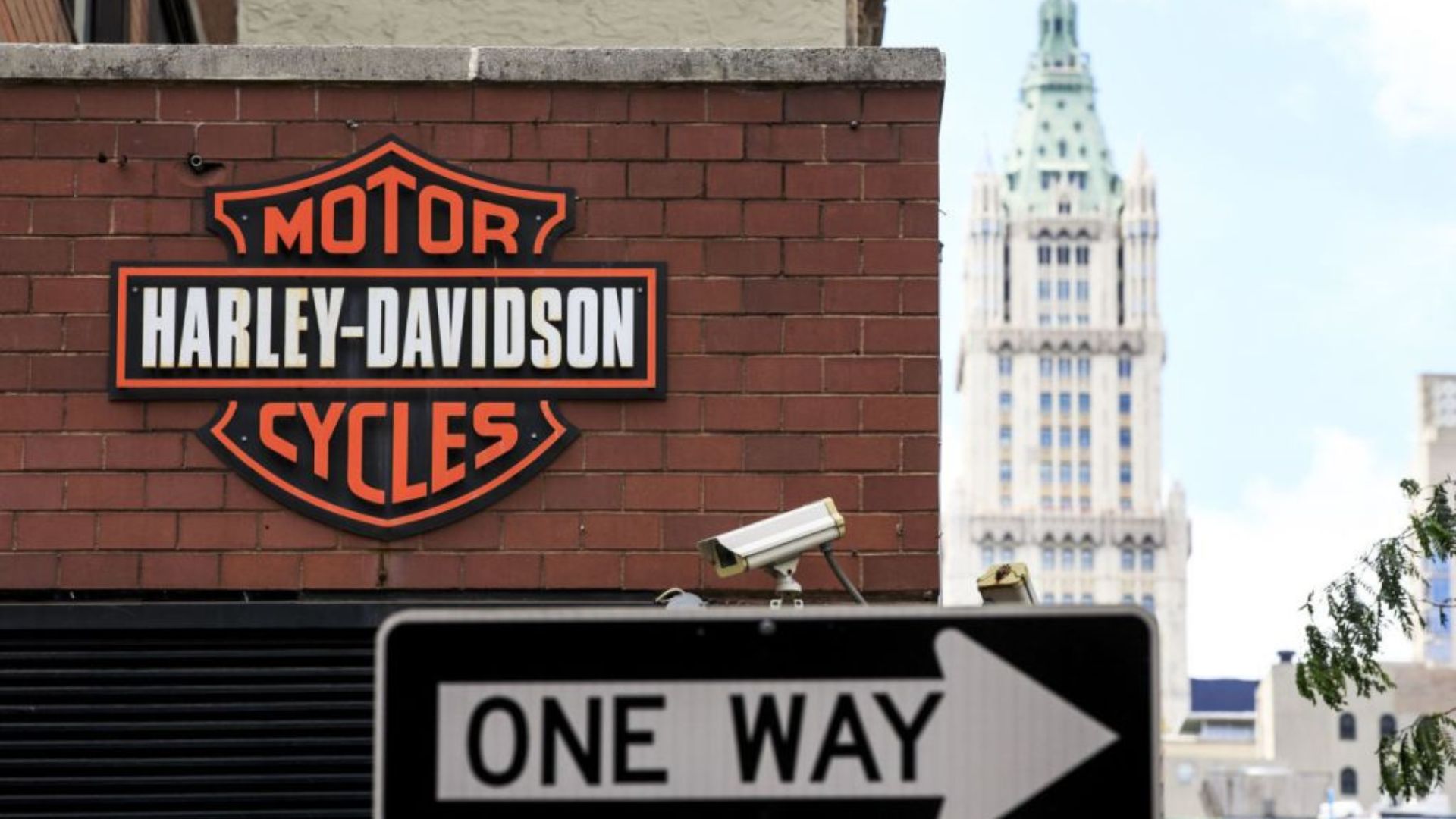
Along these same lines, the statement said that the company would also be reorganizing employee resource groups.
They would now focus on mentoring, training and business development. The statement adds Harley-Davidson’s acknowledgement that cultivating a “broad customer base is good for business.” The U-turn seems to have been initiated long before this statement, though.
Reviewing Activities
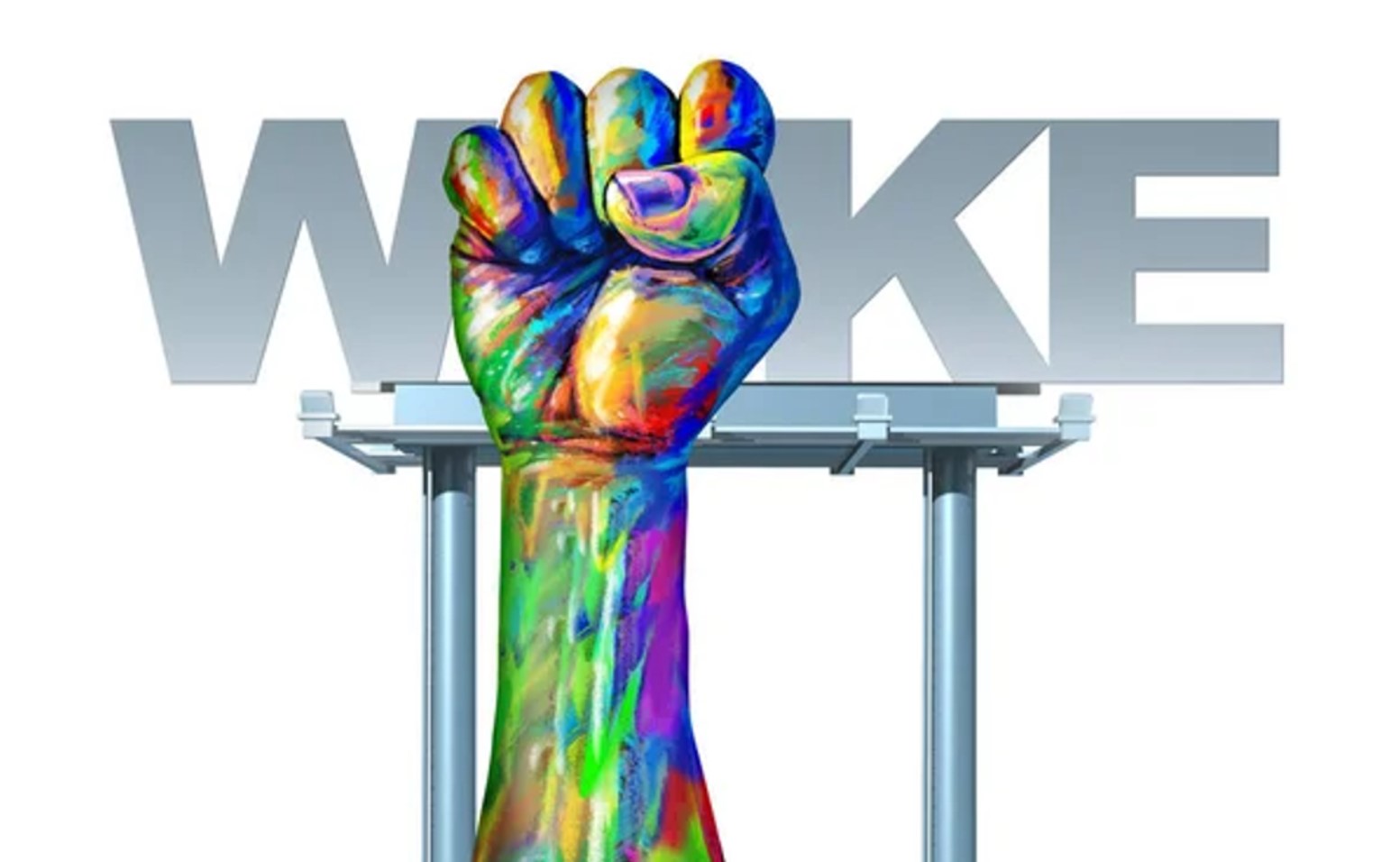
The motorcycle manufacturer circulated an email to staff informing them that it had begun a review of its “stakeholder and outreach activities” earlier this year.
This review was undoubtedly in response to the online criticism from the likes of Starbuck and similar anti-DEI campaigners who were accusing Harley-Davidson of adopting the far left’s “woke agenda.”
The Latest Target

Harley-Davidson has no doubt been in the crosshairs of these anti-DEI activists recently, but they’re far from the only company.
They’re not even the only company in the auto market segment that Starbuck and his ilk have hounded for supporting any sort of socially progressive initiatives. The end result is even pretty much the same.
John Deere

Anti-DEI activists enacted a similar campaign against the retailer Tractor Supply and the prominent farming equipment maker John Deere & Co.
Earlier this summer, this campaign bore similar fruit as these companies made the same sort of concessions as Harley-Davidson. The tractor maker issued a statement in July saying it would no longer participate in “cultural awareness parades.”
A Victory for a Certain Segment
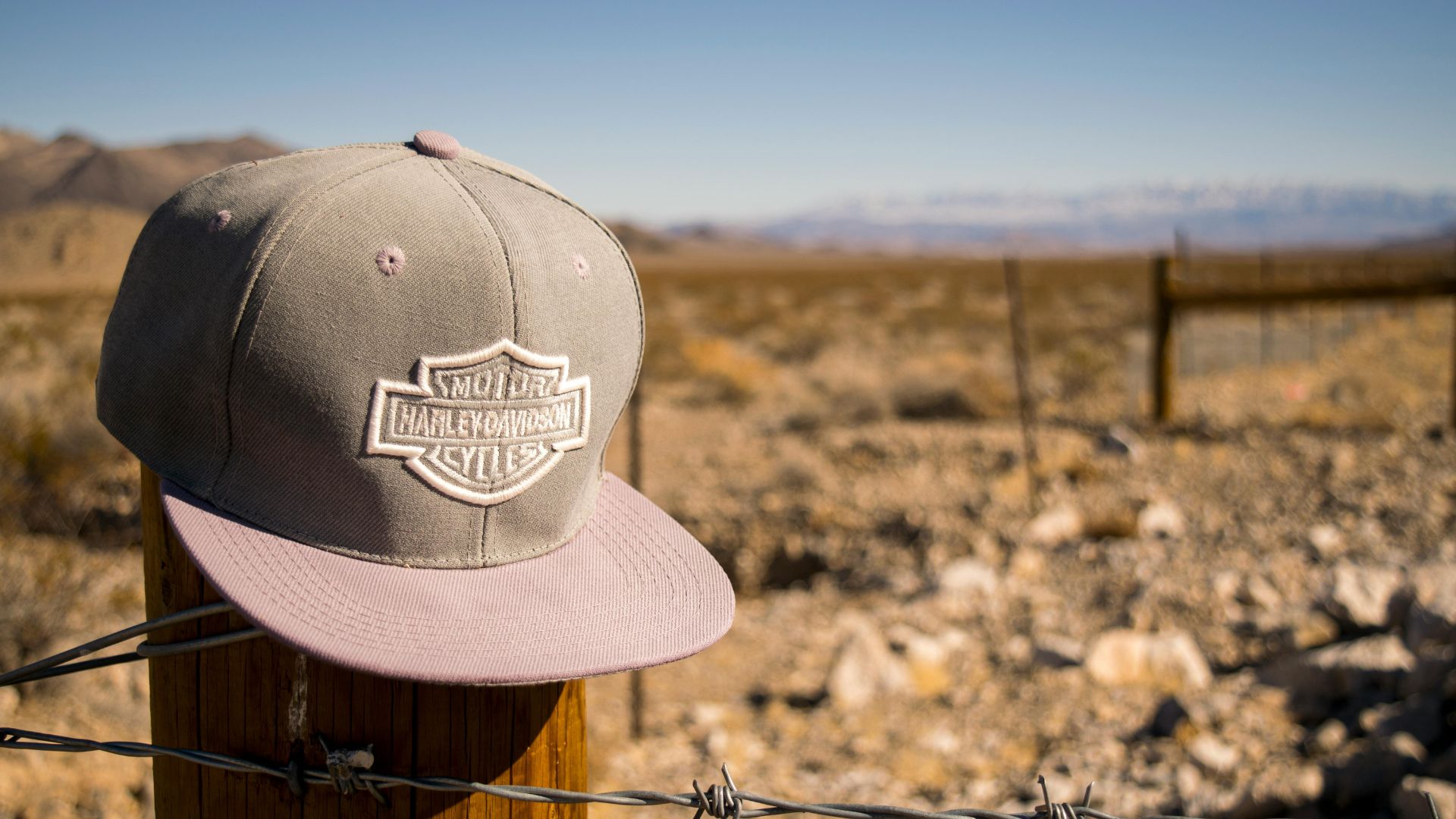
Concessions like these are obviously a huge victory for those who vehemently oppose DEI initiatives. Each victory is also only going to make them bolder in their campaigns against companies.
But DEI initiatives and the threat of the “woke agenda” weren’t the only concerns being felt in relation to the business changes Harley-Davidson were considering.
Wisconsin Workers Fear Job Losses
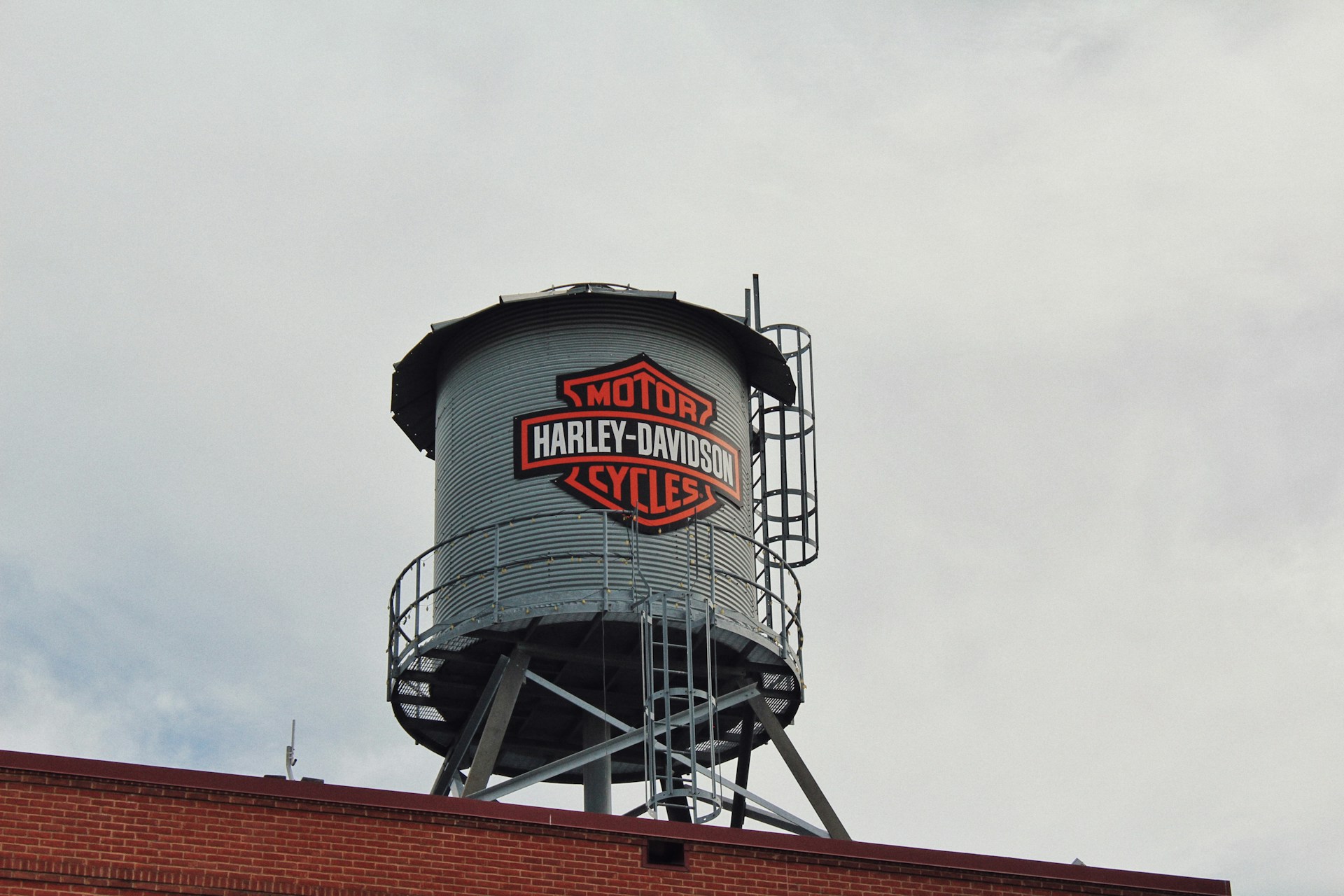
The proposed move to increase production in Asia has alarmed employees at Harley’s Menomonee Falls plant, with workers expressing fears over potential job losses.
“We believe jobs are leaving but they don’t want to say how many,” a concerned employee reported to TMJ4, pointing to uneasy times ahead for the company’s U.S. workforce.
